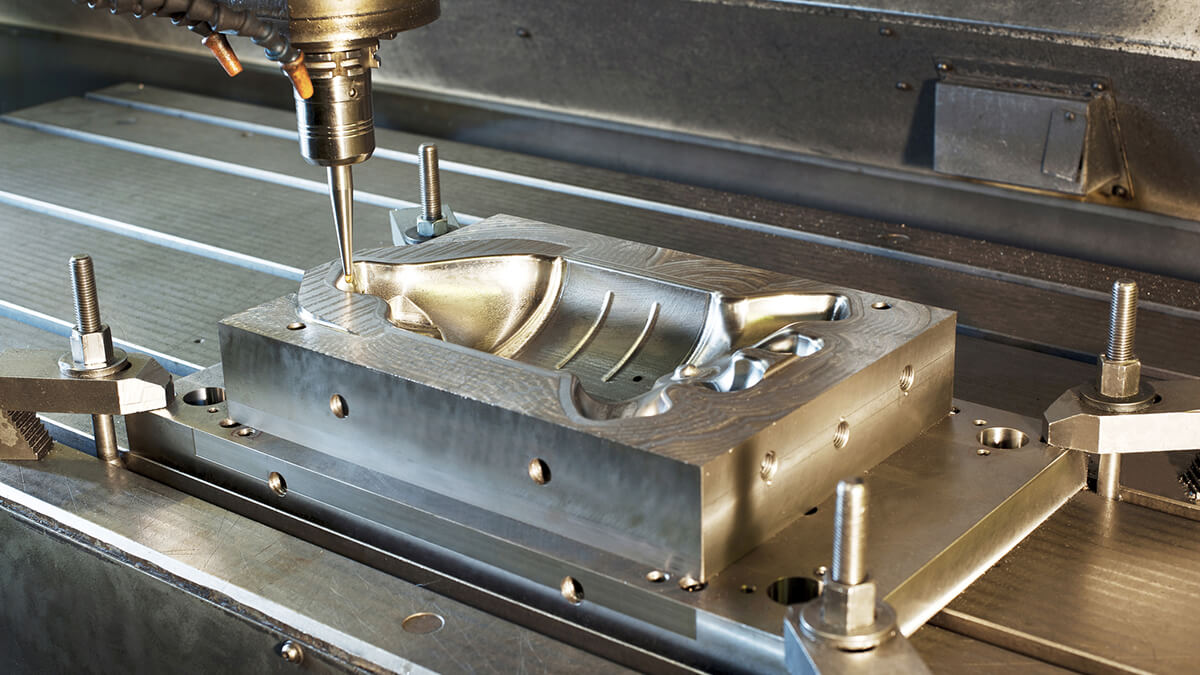In a world increasingly focused on sustainability and environmental responsibility, the manufacturing industry faces the challenge of reducing its ecological footprint. A356 Aluminum Casting foundries, where the process of casting aluminum into various components takes place, are no exception. However, there’s a promising trend emerging within these foundries — the adoption of sustainable practices collectively known as “green casting.” This blog explores the ways in which aluminum foundries are embracing environmentally friendly approaches to casting.
The Environmental Impact of Traditional Casting
Traditional casting processes, which often involve significant energy consumption and material waste, can have a substantial environmental impact. The production of raw materials, like aluminum alloys, consumes energy and generates greenhouse gas emissions. Additionally, the high temperatures required for melting and shaping metals contribute to energy consumption and emissions.
Moreover, the disposal of waste materials and the potential release of pollutants into the air and water are ongoing concerns in conventional casting practices. Recognizing these environmental challenges, aluminum foundries are seeking innovative ways to reduce their ecological footprint.
Sustainable Practices in Green Casting
1. Energy Efficiency
One of the primary focuses of green casting is improving energy efficiency within foundries. Aluminum foundries are implementing measures like advanced furnace technologies, heat recovery systems, and optimized heating processes to reduce energy consumption during melting and casting operations. By minimizing energy waste, these practices not only reduce greenhouse gas emissions but also lower operational costs.
2. Recycling and Reuse
A cornerstone of green casting is the recycling and reuse of materials. Aluminum is an inherently recyclable metal, and foundries are taking advantage of this property by incorporating more recycled aluminum into their production processes. By doing so, they reduce the need for virgin aluminum production, which is resource-intensive and energy-consuming.
3. Eco-Friendly Binders
In casting processes like sand casting, binders are used to hold sand molds together. Traditional binders often contain harmful chemicals. However, green casting practices involve the use of eco-friendly binders that are safer for workers and less harmful to the environment.
4. Waste Reduction
Minimizing waste generation is another critical aspect of green casting. Foundries are implementing waste reduction strategies by optimizing production processes, reducing scrap, and finding innovative uses for waste materials. This not only decreases landfill waste but also cuts down on the energy required for waste disposal.
5. Emissions Control
Controlling emissions is crucial in reducing the environmental impact of aluminum foundries. Green casting practices involve the installation of state-of-the-art emissions control equipment, such as scrubbers and filters, to capture and neutralize pollutants before they are released into the atmosphere.
6. Eco-Friendly Alloys
The choice of aluminum alloys can also impact the sustainability of casting processes. Some alloys are more eco-friendly than others, with lower carbon footprints. Foundries are increasingly opting for alloys that align with their sustainability goals.
The Benefits of Green Casting
Embracing green casting practices in aluminum foundries offers numerous advantages:
- Environmental Conservation: Reduced energy consumption, waste generation, and emissions help protect the environment, air quality, and water resources.
- Cost Savings: Energy-efficient practices and waste reduction measures often result in cost savings, making green casting economically attractive.
- Regulatory Compliance: Adhering to sustainable practices ensures compliance with environmental regulations, reducing the risk of fines and penalties.
- Positive Reputation: Companies that prioritize sustainability build a positive reputation with customers, investors, and the public, which can lead to increased business opportunities.
- Long-Term Viability: Sustainable practices future-proof businesses by ensuring their operations are environmentally responsible and socially acceptable.
Conclusion
Green casting is a promising path toward making aluminum foundries more sustainable and environmentally responsible. By adopting energy-efficient technologies, reducing waste, recycling materials, and prioritizing eco-friendly practices, aluminum foundries can reduce their environmental impact while benefiting their bottom line. As the world continues to prioritize sustainability, green casting is a crucial step towards a greener, cleaner, and more responsible manufacturing industry.
